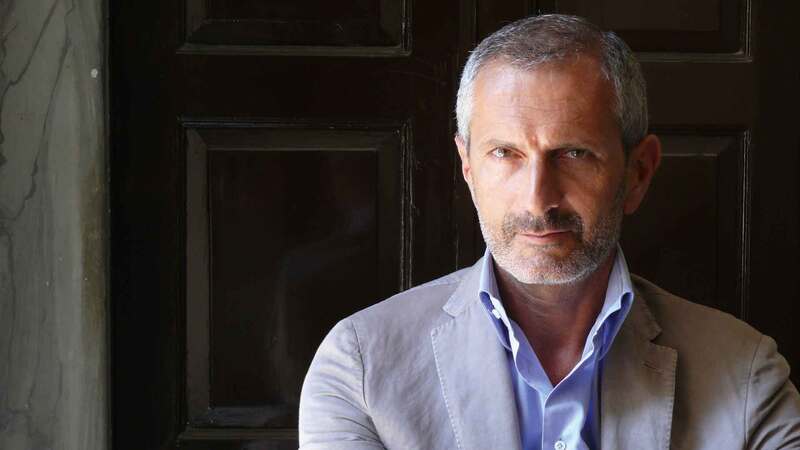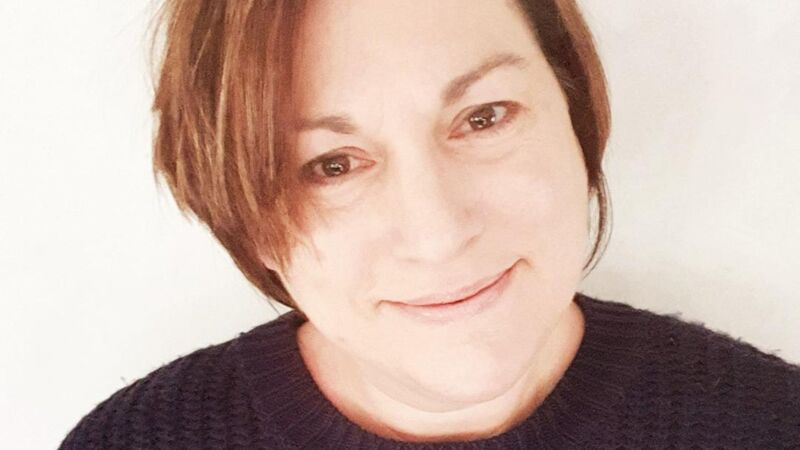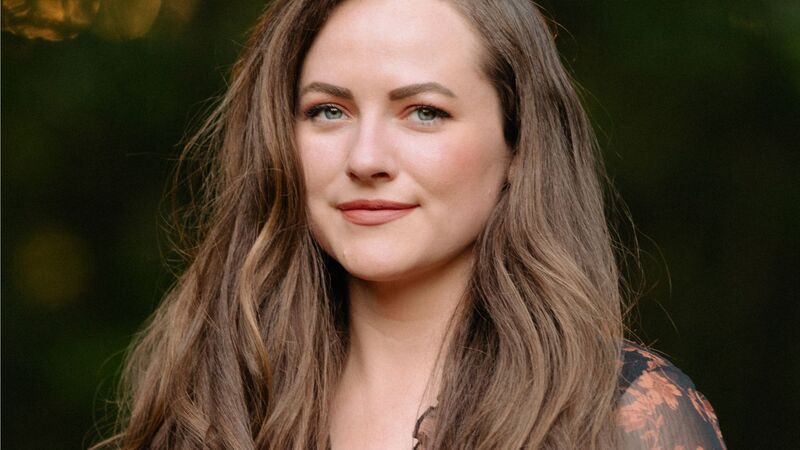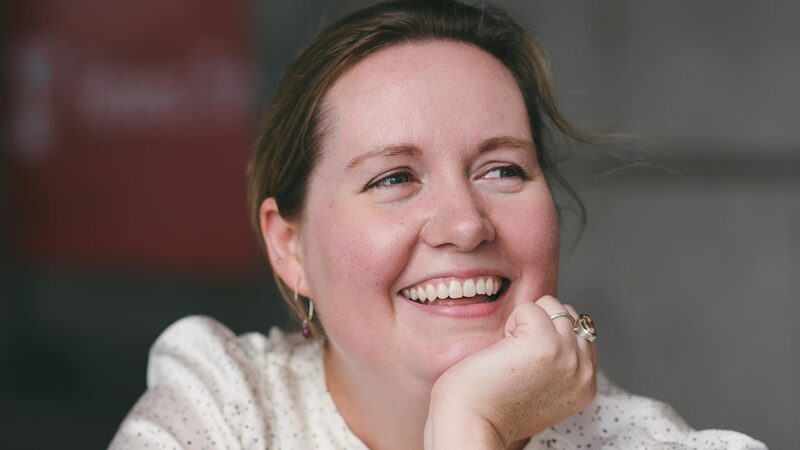You are viewing your 1 free article this month. Login to read more articles.
Has Fifty Shades Changed Erotica?
The focus in Fifty Shades of Grey, on the evolving relationship of Christian Grey and Anastasia Steele, has kickstarted the more accessible genre of adult, or erotic, romance. But is it a new trend or as old as the hills? Have male and female characters and their motivations changed with the times? Or do readers still crave a good strong sexy love story?
Many erotic books, previously banished, are now considered literature. The Marquis de Sade (1740-1814), The Story of O (1954) and Anais Nin's Delta of Venus (1940s) all explore fairly extreme examples of sexuality rather than the wilder shores of love. The much misunderstood Lady Chatterley (1928) comes closer to the adult romance appealing to today's woman on the Tube. It illustrates the difference between pornography (visual, unimaginative, demeaning) and erotica (written, evocative, celebratory). The awakening tenderness between Mellors and Connie is no tired housewife-beds-plumber scenario. It's a more subtle release from his withdrawn personality, her entrapment in a stifling class system, and their respective loveless marriages.
What makes romance tick between human beings has ultimately not changed since the dawn of time. Contemporary heroines may be corporate, ball-breaking powerhouses, while our heroes may be piano-playing and souffle-baking, but it's their mutual alchemy that counts. Romeo and Juliet, Elizabeth Bennett and Mr Darcy, Burton and Taylor. Variations on a theme, where strong men and beautiful women risk all for the mania of love. They are often saved, usually made stronger, sometimes even doomed, but always transformed for the better. Add explicit sex to the mix (Kama Sutra, anyone?), our lovers sharing their predelictions, but it's still the dynamic, the spark, what each brings to the party, how they enhance the other, that is both contemporary and timeless. Where old fashioned heroes went around ravishing innocent wenches, a modern heroine can initiate seduction, whether teasing, or blatant. But it's what transpires that counts. Ultimately lovers want to feel fulfilled; that this is the person who makes them feel they've come home.
Have contemporary mores made these lovers unrecognisable in the 20 years that I've been writing erotica? Have the appetites of my readers changed, are they looking for something more extreme or brutally realistic, perhaps politically correct and equal and inclusive? The answer, on the whole, is no, not really. Not deep down. Why? Because human nature may have moved on in material, political and intellectual terms, but I believe that the bare bones of what they seek in a riveting, uplifting, escapist, dream-fulfiling story remain at heart the same. There was reasoning behind Freud's theory of archetypes, the figures who feature (the leader, the witch, the child, the shadow) not only in fairy tales but also in real life.
So because erotica and romance set out to provide a fantasy for the reader and are exaggerated if necessary to unchain us from reality, the main characters will often be impossibly beautiful, impossibly rich, and/or impossibly talented – or impossibly evil and cruel. This approach may be ridiculed as hackneyed, but handled subtly the narrative will chime with a responsive reader, especially if the writer takes the trouble to introduce enough light and shade into the characters' personalities and back stories, so that even their flaws can become redeeming, endearing features.
When I wrote my Unbreakable Trilogy, I wanted the style, content and characters to be traditionally romantic, but also bang up to date. So my hero, Gustav Levi, is strong and sophisticated, but he's also silent and withdrawn. Not macho, but a little menacing. Serena Folkes is inexperienced and naïve but not a virgin. Her spirit and ambition (what Freud called the "animus") draw out Gustav's sensitive side (his "anima"), while his growing attachment breaks down her barriers. Gustav's estranged brother, Pierre, is his shadow side. His ex-wife Margot is the witch, who has only manipulation and destruction in her arsenal and who will in the end be doomed.
Love is the redemption in erotic romance just as it is in "mainstream" romance. The sex is explicit and life-affirming, but erotic writers portray their characters as three-dimensional, overcoming conflicts and misunderstandings to achieve their goal, until our readers grow to empathise with and love them just as much as we do.
Primula Bond is the author of the Unbreakable Trilogy, available now from Mischief.















